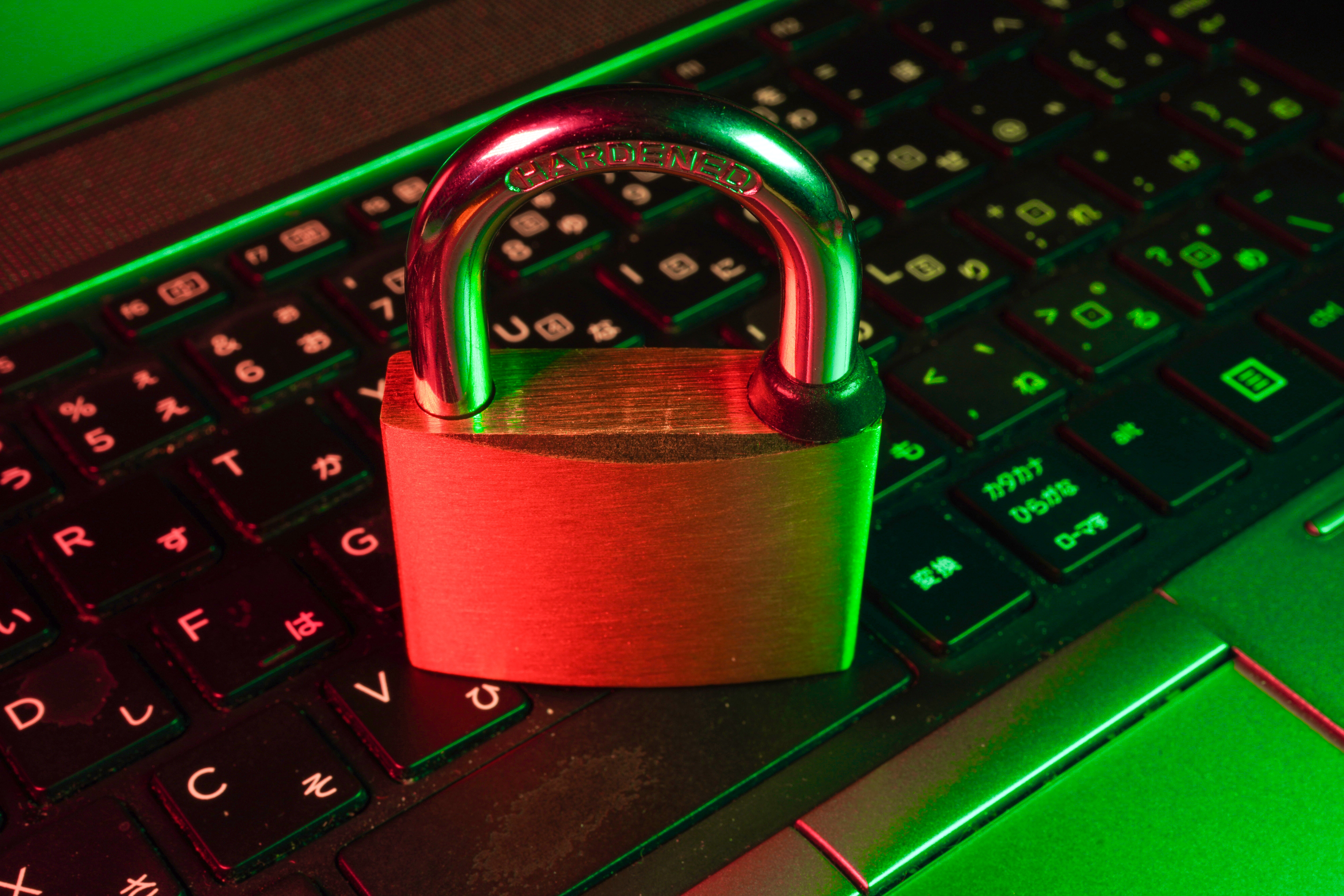In the digital age in which we live, our personal data is at constant risk of being compromised. From online shopping to social media and online banking, we share a lot of personal information on the web. Protect your personal data and privacy online has become a critical priority. In this article, we will provide you with key tips on how to keep your personal data safe in the digital world.
In our online catalog we have products that will help you protect your personal data.
1. Strong and unique passwords
Use strong, different passwords for each online account. Avoid obvious passwords like “123456” or “password.” Consider using a password manager to generate and manage complex passwords.
2. Two-factor authentication (2FA)
Enable two-factor authentication whenever possible. This additional layer of security requires a second verification method, such as a code sent to your mobile phone, in addition to your password, to access your account.
3. Update your devices and software
Keep your operating systems, applications and programs updated. Updates often include security patches that protect against known vulnerabilities.

4. Secure Wi-Fi networks to Protect your personal data
Protect your Wi-Fi network with a strong password and change your router’s default password. Use WPA2 or WPA3 encryption to keep your network secure and avoid unsecured public Wi-Fi networks when possible.
5. Take care of your information on social networks
Limit the amount of personal information you share online. Adjust the privacy settings on your social media accounts to control who can see your information.
6. Beware of phishing
Be skeptical of suspicious emails or messages that ask for personal or financial information. Do not click on links or download attachments from untrustworthy sources.
7. Secure online shopping
When shopping online, check the authenticity of websites and use secure payment methods, such as credit cards with fraud protection.
8. Protect your devices
Use trusted security software, such as antivirus and antimalware, to protect your devices from online threats. Additionally, activate security features on your devices, such as password or fingerprint lock.
9. Control your applications and permissions
Review the apps installed on your devices and make sure they only have access to the information they really need. Revoke permissions for apps you no longer use.
10. Online safety education
Stay informed about the latest threats and best practices in online security. Education is key to keeping your data safe.

11. Regular backups to Protect your personal data
Make regular backups of your important data in a safe place. This will allow you to recover your data in case of loss or ransomware attack.
Protecting your personal data and privacy online is an ongoing responsibility. Online safety requires constant vigilance and strong security practices. By following these tips and staying up to date with the latest threats, you can significantly reduce the risk of your personal data falling into the wrong hands. Remember that prevention is key when it comes to protecting your privacy online.







